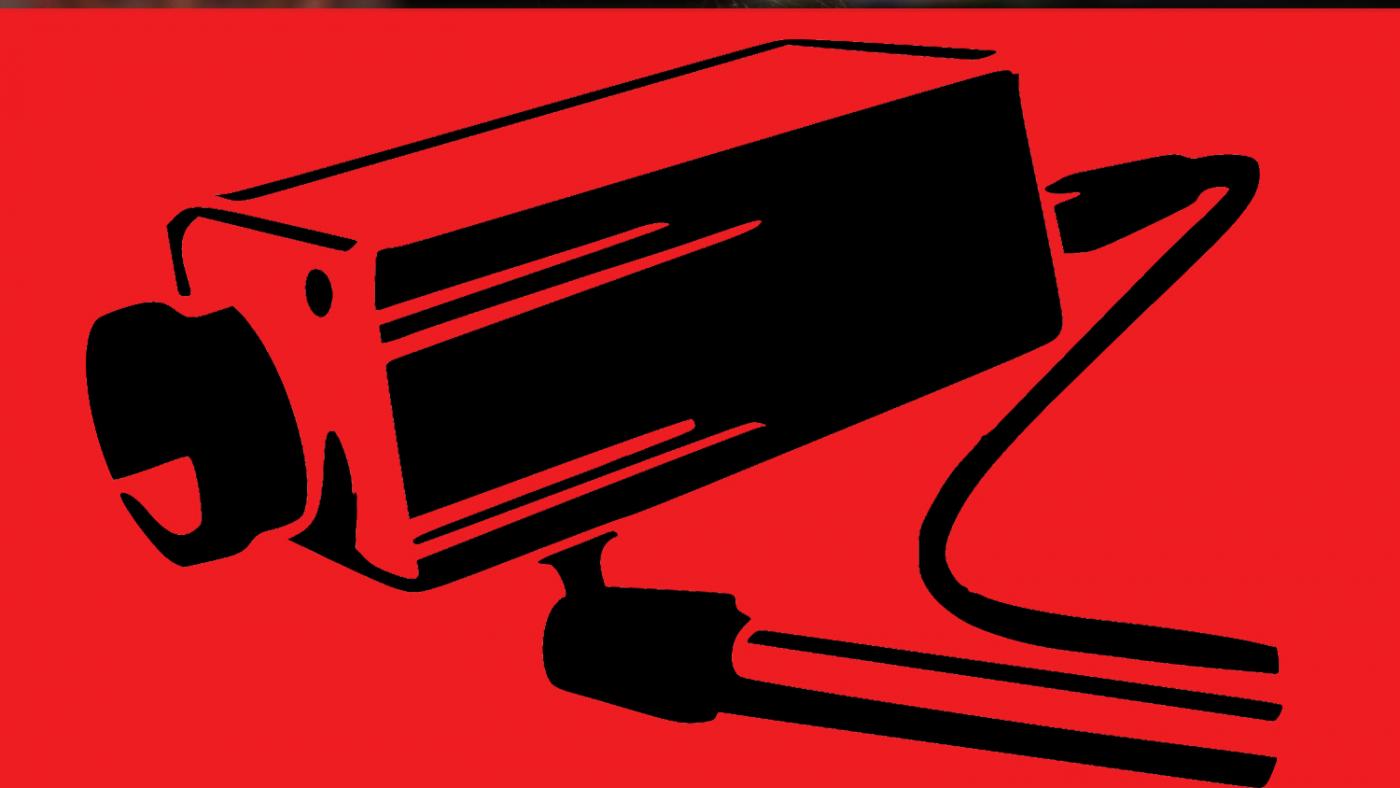Corona software: ‘Sharing data feels uncomfortable’

Online education is booming because of the corona crisis. Students are working from home, teachers overwhelmingly communicate through programmes like Zoom, Google Hangouts, and Skype, and even exams are held online.
At the same time, this new way of working also causes new privacy issues. Earlier this week, a student at the Eindhoven University of Technology voiced his concerns on Twitter, because he would be recorded during an online at-home exam. What’s going to happen with the images of my head in my bedroom, the student asked.
Unpleasant
A justified question, says internet specialist Douwe Schmidt from research institute Waag. “There’s nothing wrong with sharing data per se, after all, you do the same in regular exams. Your teacher views your name and student number, your student ID card or passport, and of course the answers you give on your exam.”
But that’s a well-known, well-understood context, he continues. “The reason things go wrong online is that during online exams, there’s suddenly a third, commercial party added to the mix – a party whose intentions and business model tend to be a little sketchy. This suddenly makes the idea of sharing data unpleasant.”
Big boys
And that’s something educational institutions need to fix now. “In theory, a third party should only be a carrier of data between a student’s computer and a teacher’s computer,” Schmidt says. “Technology has been around for twenty year that ensures the carrier can’t view the data: it’s called end-to-end encryption.” Examples of this can be found on the website switching.software.
They just aren’t used that often, he says. “Because they’re more expensive, or unknown. Big boys like Google and Facebook are so omnipresent that we’ve almost forgotten that things can be done differently as well.”
One major problem, Schmidt says, is that as student or employee, you’re not always aware of a company’s intentions. One example is Zoom, a platform for video calling. “It’s free, and works very well. And yet, the public prosecution office in New York filed a lawsuit against Zoom this week because it shared data with Facebook without permission.”
It’s become the business model of the entire internet: offer a free service, and then collect data and sell it. “American technology philosopher Shoshana Zuboff calls this surveillance capitalism,” Schmidt says. “We’ve become used to being able to use free services under the condition that we’re under surveillance as we do so.”
Ads
And that is now causing issues in the sharing of confidential information between student and teacher. “It’s great that we’re able to offer education online,” Schmidt says. “But still, institutions should think carefully about how to design this education securely. It would be weird, for instance, I you were to fail your exam and then suddenly see all kinds of online ads for tutoring sessions.”
Furthermore, institutions aren’t allowed to just start collecting students’ data, Schmidt says. “They have to be able to substantiate this, and explain in layman’s terms what happens with that data then. Will the data be destroyed after the grade is decided? And as student, can you verify that this has actually happened? The only way to do this well, is by collaborating with reliable partners, or do it yourself.”
Tough questions
You may think: we’re in the midst of a crisis, and teachers and employees have already been working to death to keep all online education up and running. Is this the right time to be critical?
Yes, Schmidt says. “I think that as a student, you’re allowed to ask the tough questions. It’s more or less your duty. But it doesn’t have to be complaining only: you can also wonder whether you can be a part of the solution.”
He mentions the examples of IT study programmes. “Imagine that students there can design new, safe tools themselves, wouldn’t that be a great graduation project! If there’s any place a solution can be found, it has to be a university or university of applied sciences. You can almost look at it like a societal task.”